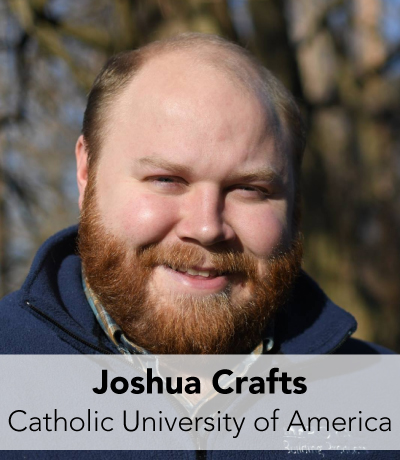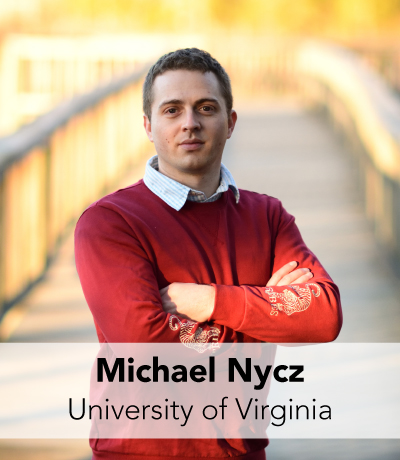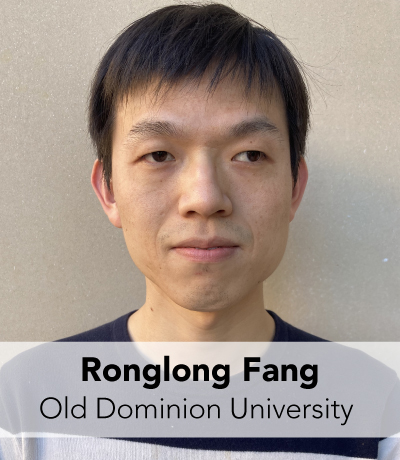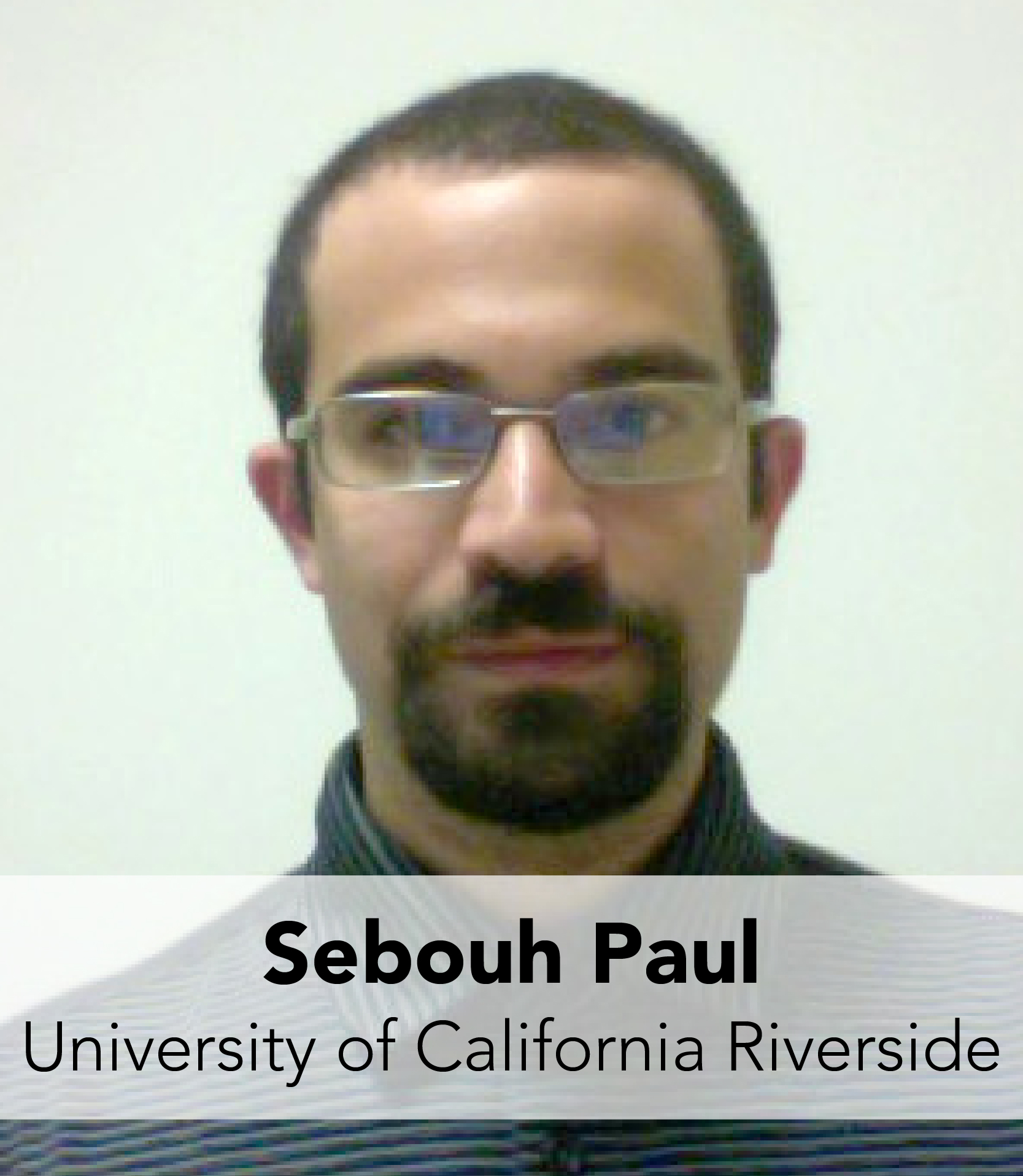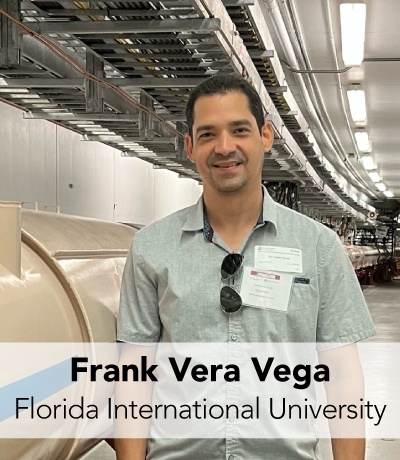Three graduate students and three postdoctoral researchers seek to advance the science of the electron-ion collider
NEWPORT NEWS, VA – The Electron-Ion Collider Center at the U.S. Department of Energy’s Thomas Jefferson National Accelerator Facility (EIC Center at Jefferson Lab) has announced the winners of six new research fellowships. Over the next year, the fellows will work to advance the science program and further the research of the Electron-Ion Collider (EIC). The EIC is a unique physics research facility dedicated to answering fundamental questions about nature’s building blocks.
The EIC is slated to be built at Brookhaven Lab in partnership with Jefferson Lab and scientists worldwide. The EIC facility and components will be funded by the Office of Science and other national and international partners.
The EIC Center at Jefferson Lab awards annual, one-year fellowships to support the nuclear physics research that will be pursued with the collider. These fellowships help support early-career scientists as they assist in the quest to uncover the secrets behind the invisible webbing of our universe. This year’s awardees will work to advance the theory, the development of the instruments, and the design of future experiments to help maximize the potential of the EIC.
The program is funded by the Commonwealth of Virginia. EIC fellows must spend at least half of their time at Jefferson Lab in Newport News, Virginia, during their fellowship. This year’s award recipients are examining a wide variety of topics, all geared toward harnessing the potential of the EIC. Read on to learn more about the recipients and their individual projects.
2023 postdoctoral research fellows:
- Frank Vera Vega, Florida International University (Florida), will develop a unified implementation of physics models for coherent processes on light nuclei that will enable systematic study of nuclear structure.
- Michael Nycz, University of Virginia (Virginia), will investigate Neutral-Current Electroweak Standard Model and Beyond the-Standard Model physics, with a focus on performing a thorough projection study of the extraction of the weak mixing angle at the EIC.
- Sebouh Paul, University of California Riverside (California), will conduct R&D to optimize the design of a proposed high-granularity hadronic calorimeter insert for the EIC. This will cover the high-rapidity range and consist of alternating layers of absorbers and scintillating cells.
2023 graduate student fellows:
- Daniel Adamiak, Ohio State University (Ohio), will work on efforts to help resolve the proton spin puzzle by determining how much spin is hiding in the small-x quarks and gluons.
- Ronglong Fang, Old Dominion University (Virginia), will develop a scalable algorithm to monitor online data for the Electron-Ion Collider, with the goal of being able to do real-time, autonomous detector calibrations.
- Josh Crafts, The Catholic University of America (Washington, D.C.), will focus on the Electron-Ion Collider’s barrel Electromagnetic Calorimeter (EMCal), one of the largest components of the EIC detector systems. He will further the development of the general EMCal layout and design, while also working on the development and testing of the Sci-Glass detectors, a cost-effective technology for the calorimeter.
Further Reading
EIC Center Fellowships
By Skyler Tolzien-Orr
Contact: Kandice Carter, Jefferson Lab Communications Office, kcarter@jlab.org



